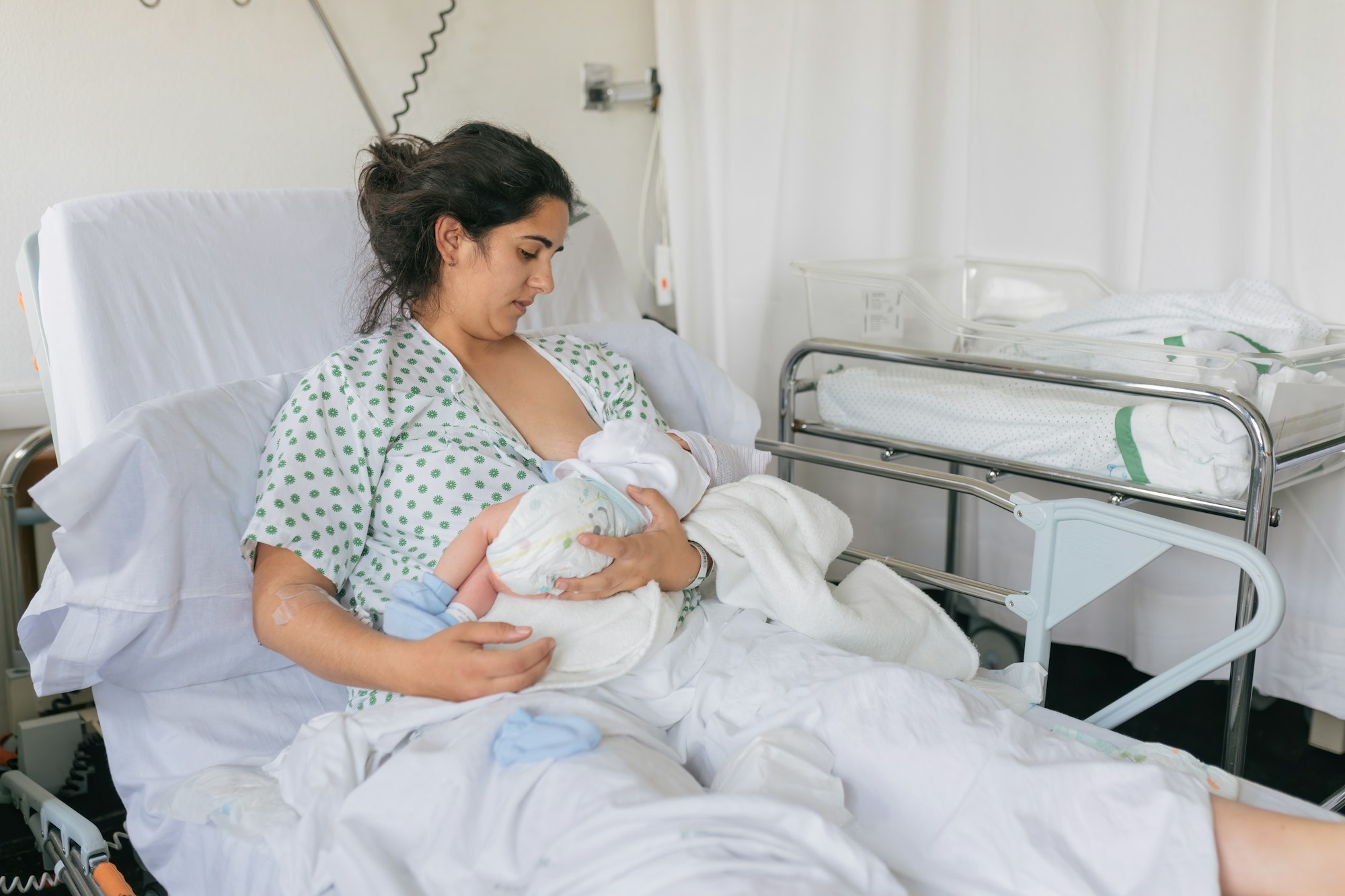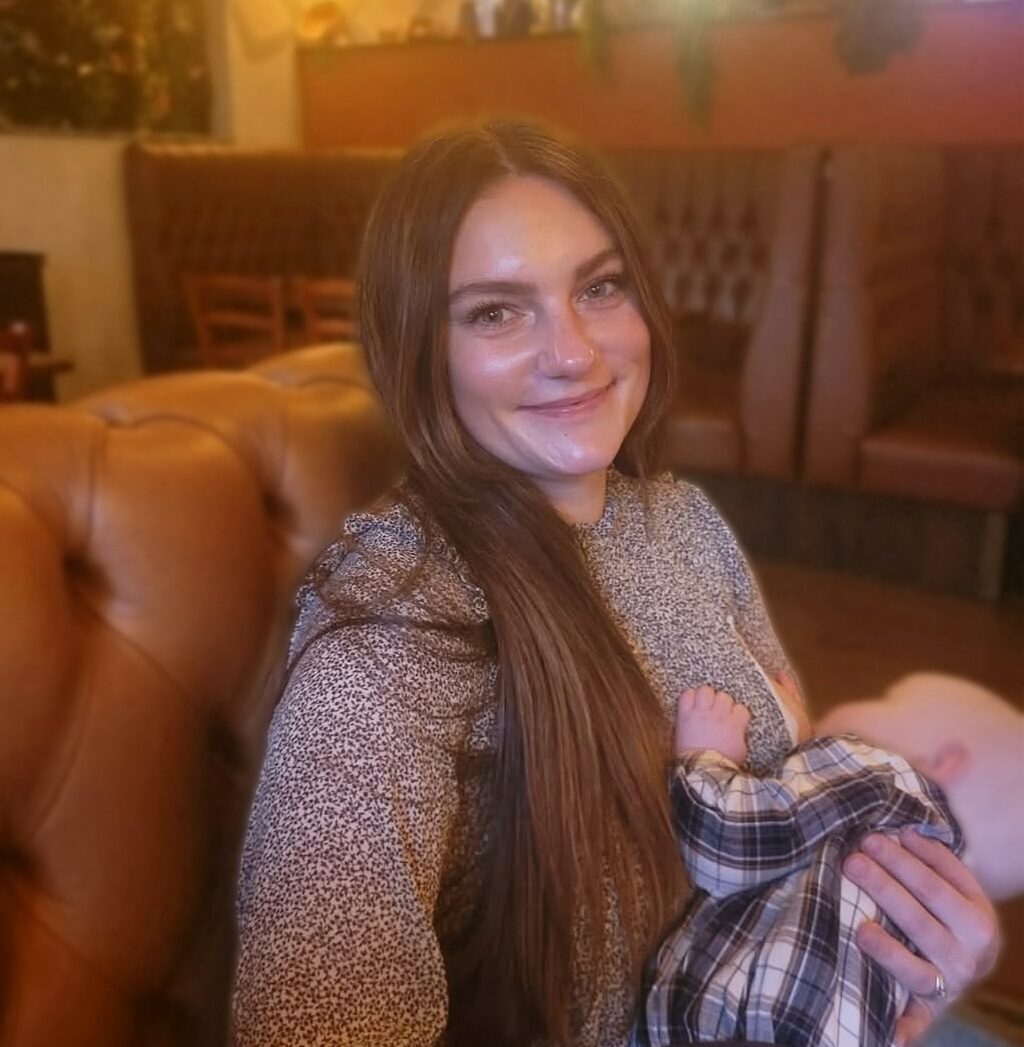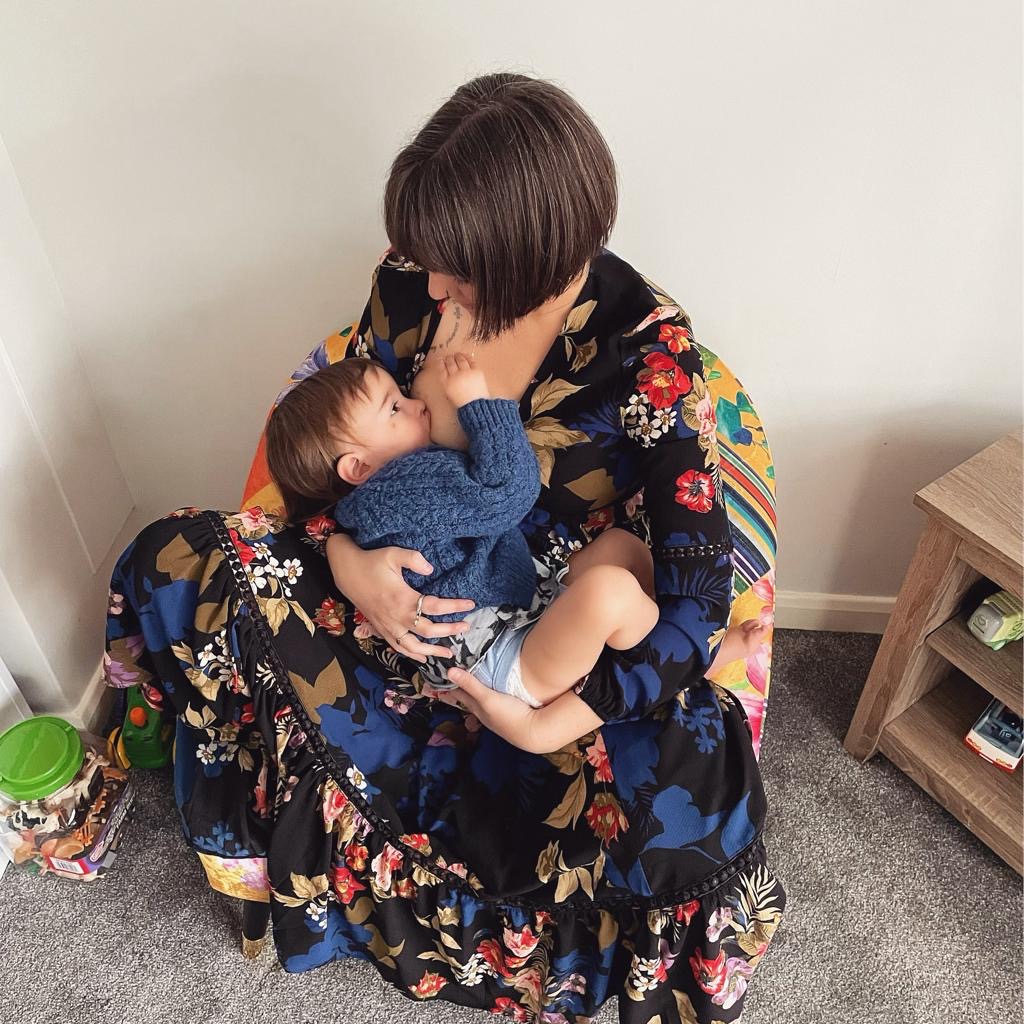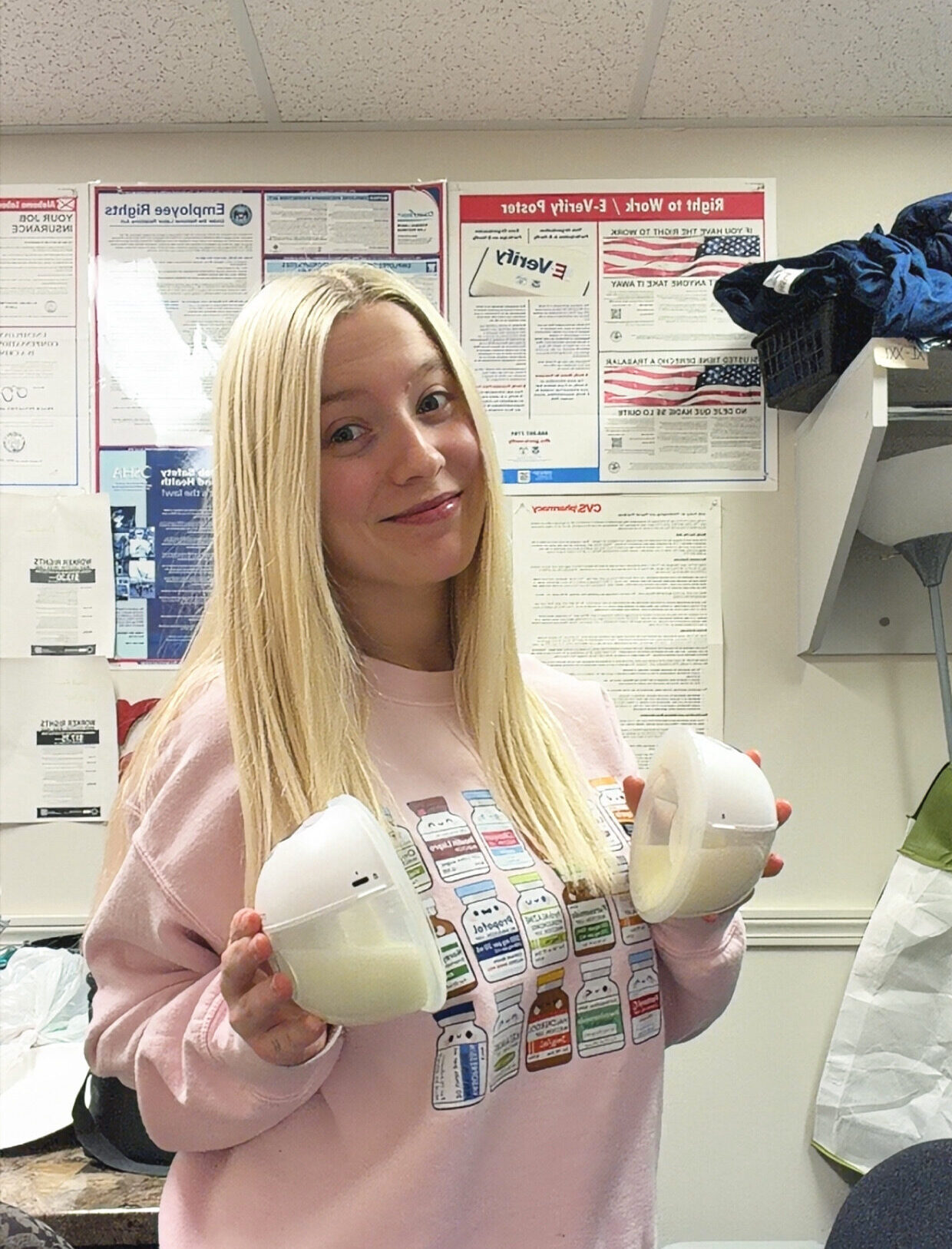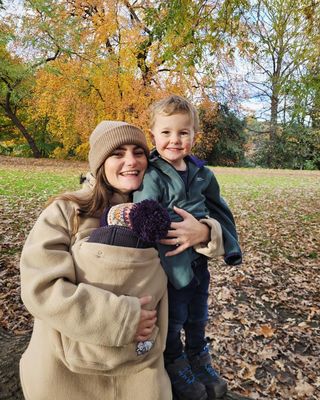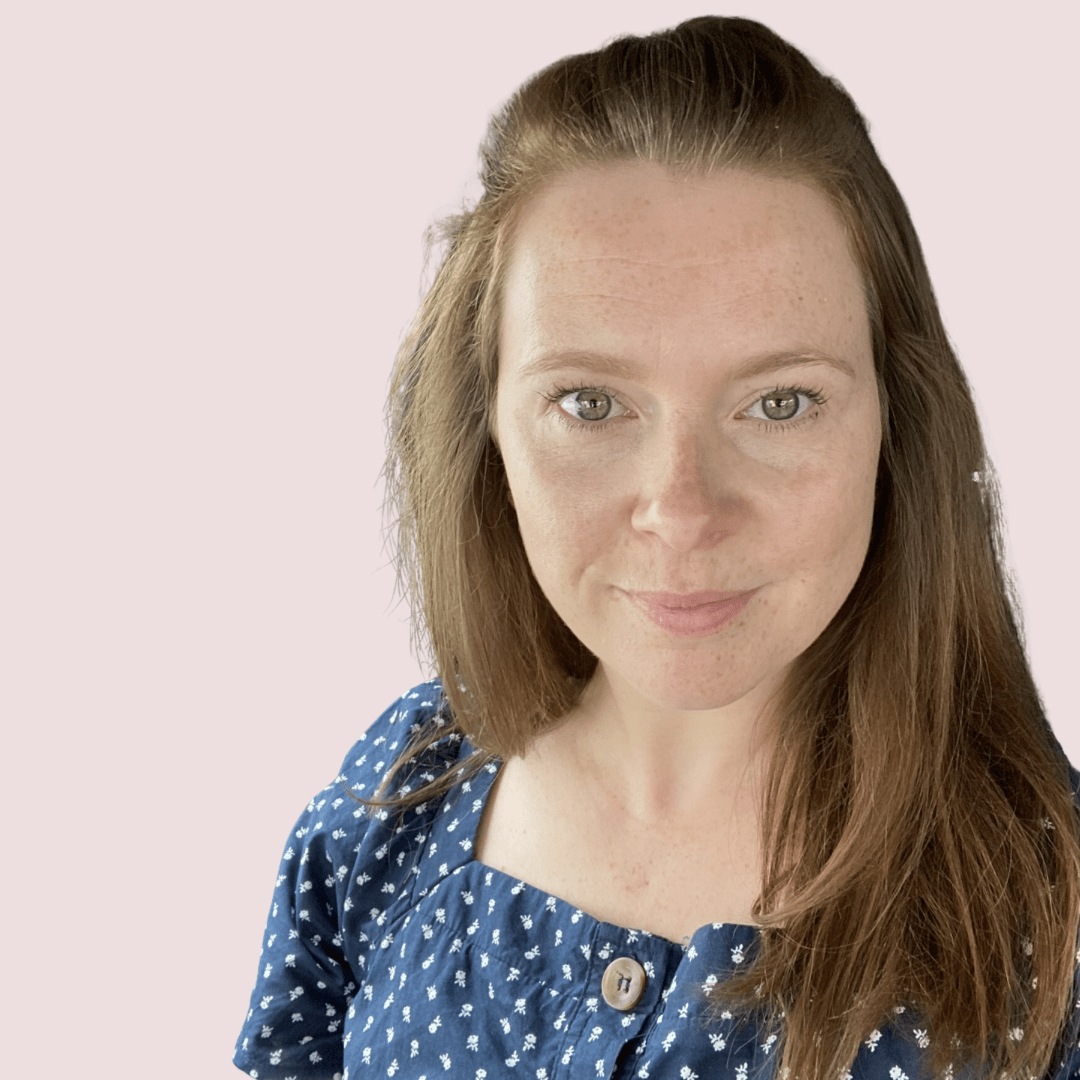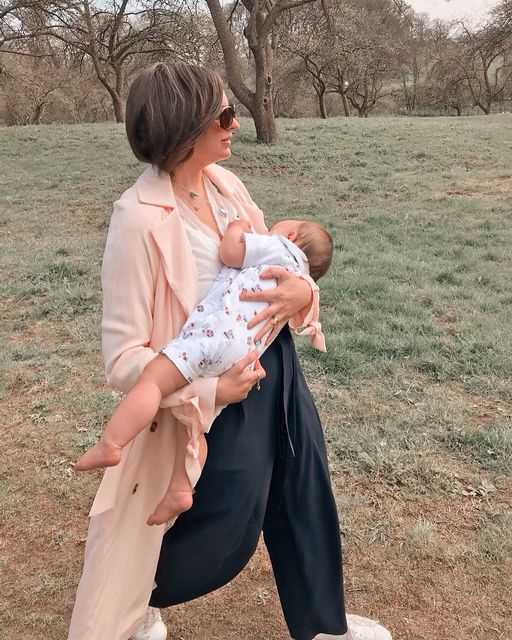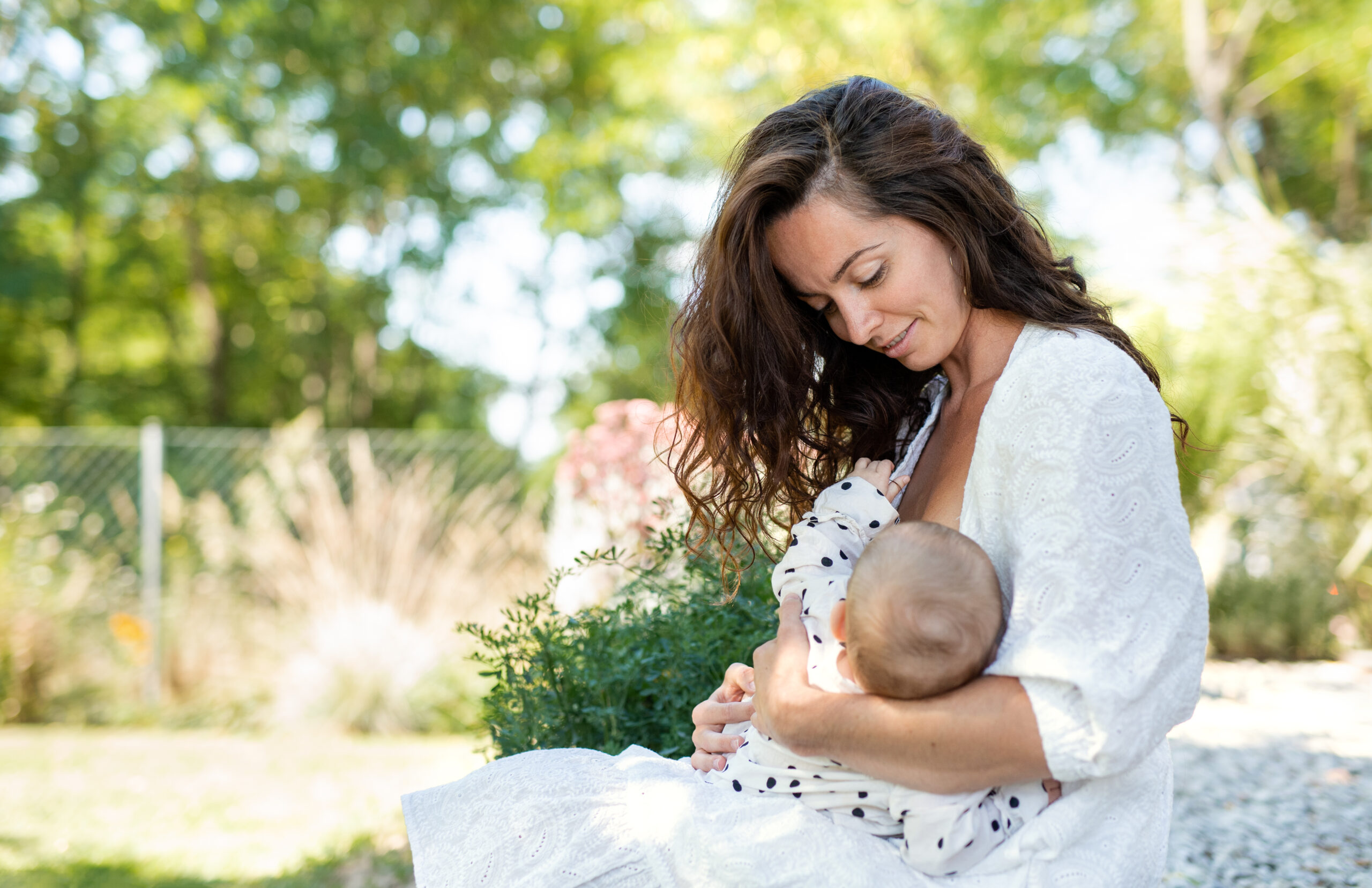Infants who were exclusively fed breast milk during their hospitalization at birth were 22% less likely to develop asthma in early childhood, according to research presented during the American Academy of Pediatrics 2024 National Conference & Exhibition in Orlando.
The abstract, “Association Between Hospital Feeding Patterns and Childhood Asthma,” found lower rates of asthma in the infants born at the Cincinnati Children’s Hospital Medical Center who were exclusively fed breast milk even after adjusting for maternal race, insurance, infant sex, and length of hospital stay. Researchers will present their findings during the conference at the Orange County Convention Center from Sept. 27-Oct. 1.
“Although the birth hospitalization lasts only a few days, it sets a critical foundation for establishing breastfeeding, which can influence health outcomes like childhood asthma,” said Laura Placke Ward MD, IBCLC, FAAP, a study author and co-director for the Center for Breastfeeding Medicine at Cincinnati Children’s Hospital Medical Center.
“Our study underscores the importance of hospital practices in supporting exclusive breastfeeding, as these early experiences may impact long-term health,” she said.
The Effect of Breastfeeding During Birth Hospitalization
While longer duration and exclusive breastfeeding are known to reduce asthma risk, the effect of breastfeeding during the birth hospitalization is less understood, the authors note.
Of the 9,649 children included in the study, 81% received some breast milk and 31% exclusively received breast milk during the birth hospitalization. Five percent had a diagnosis of asthma. Infants who received only breast milk had a lower rate of asthma diagnosis compared to those who did not receive any breast milk or did not receive breast milk exclusively after adjusting for sex, race, and insurance status. Additionally, infants whose first feeding was breast milk also had a lower rate of asthma compared to those whose first feeding was not breast milk.
“This finding highlights the need for greater emphasis on supporting and promoting exclusive breastfeeding during the early days of life,” Dr. Ward said. “By focusing on these crucial first days, we may impact children’s health and potentially reduce the risk of chronic conditions like asthma.”
Dr. Ward is scheduled to present the research, which is below, from 1:05-1:15 PM on Sunday, Sept. 29, 2024, in the Hyatt Regency Ballroom C.
In addition, Dr. Ward and Jennifer McAllister, MD, IBCLC, FAAP, will be among highlighted abstract authors will give brief presentations and be available for interviews during a press conference at noon-1:30 PM on Saturday, September 28, 2024, in the National Conference Press Room, W208 AB. During the meeting, you may reach AAP media relations staff at 407-685-5401.





